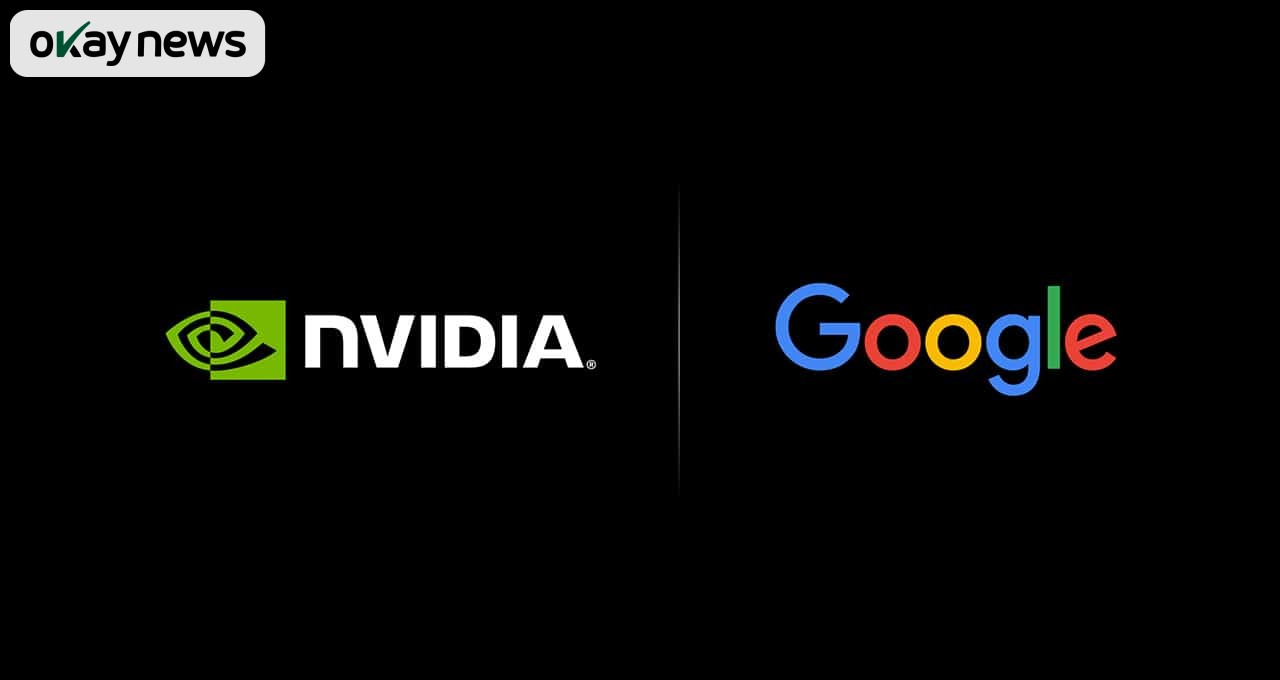Google confirmed that its latest frontier AI model, Gemini 3, was trained entirely without the use of NVIDIA hardware. This achievement marks the first time a top-tier, “state-of-the-art” AI model has been developed solely on proprietary, in-house silicon, effectively breaking NVIDIA’s long-standing monopoly on high-end AI infrastructure.
For years, Jensen Huang’s NVIDIA has been viewed as the indispensable gatekeeper of the generative AI boom. Companies seeking to train serious foundation models faced premium pricing—often referred to by industry insiders as the “NVIDIA tax”—along with months-long delivery delays due to immense global demand. The prevailing wisdom held that building a world-class AI model required navigating NVIDIA’s expensive and congested supply chain.
Google’s announcement upends that assumption. The company revealed that Gemini 3’s massive training run relied exclusively on its own Tensor Processing Units (TPUs). Google has been quietly perfecting these chips since 2015, designing them specifically for the distinct mathematical requirements of machine learning.
While perhaps less flashy than general-purpose GPUs, Google’s TPUs have proven brutally efficient when deployed at scale. By controlling the entire infrastructure stack—from chip design to the data center floor—Google has realized significant operational benefits. Industry estimates suggest these custom chips cost roughly 70% less per operation than comparable market hardware, while also consuming less power.
The success of Gemini 3 serves as a proof-of-concept that custom silicon can compete at the absolute highest levels of AI performance. This strategic shift has profound implications for the broader technology sector. A viable alternative to NVIDIA promises to lower the fundamental costs of running AI, making the technology accessible to a wider range of companies. It also offers a path away from the supply chain chaos that has bottlenecked innovation, allowing for faster development cycles unconstrained by external hardware orders.
The monopoly is fast becoming a competitive market. Google is not alone in this pursuit; tech giants Amazon and Meta are also aggressively developing and deploying their own proprietary AI chips to reduce reliance on external suppliers.
The release of Gemini 3 is more than a technical victory for Google; it is a definitive signal to the market. The era of single-vendor dominance in AI infrastructure is cracking, paving the way for robust competition that is expected to accelerate innovation across the entire industry.







